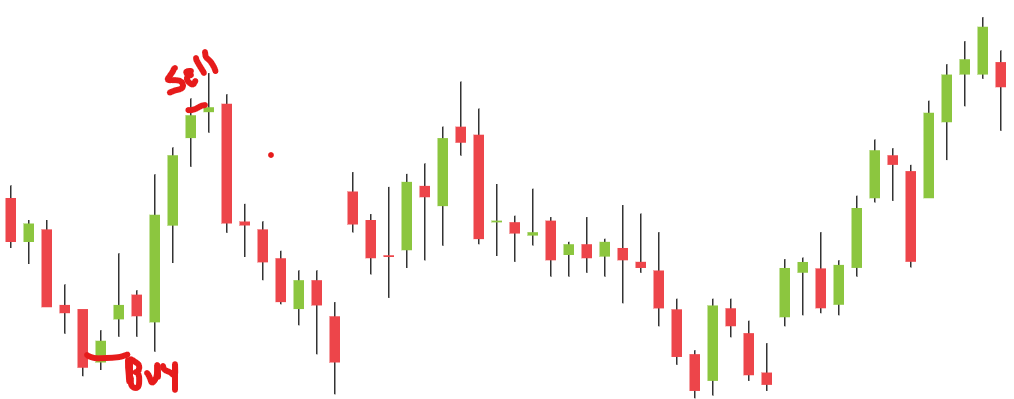Introduction of Scalping || What is Scalping?

Scalping is a trading strategy used in financial markets, including stocks, currencies, commodities, and cryptocurrencies. It involves making quick and frequent trades to profit from small price movements within a short period of time, often just a few seconds to a few minutes. Traders who use the scalping strategy are referred to as "scalpers."
The goal of scalping is to capture small price changes multiple times throughout a trading session. Scalpers aim to capitalize on the market's short-term volatility and the bid-ask spread—the difference between the buying price (bid) and the selling price (ask) of an asset. By executing a large number of rapid trades, scalpers seek to accumulate small profits that can add up over time.
Key characteristics of scalping include:
1. Quick Trades: Scalping involves making rapid trades, sometimes within seconds, to minutes. The goal is to minimize the time the trade is exposed to the market and reduce the risk of significant price movements against the trader's position.
2. Small Profit Targets: Scalpers typically target small price movements, often just a few cents or pips, depending on the market being traded. These small profits accumulate as a result of the high frequency of trades.
3. Tight Stop-Loss: Scalpers use tight stop-loss orders to limit potential losses if the market moves against their position. The stop-loss is usually set just a small distance away from the entry price.
4. High Frequency: Scalping involves executing a large number of trades within a short timeframe. This requires quick decision-making and efficient order execution.
5. Low Exposure: Scalping aims to minimize exposure to the market by holding positions for very brief periods. This reduces the risk of unexpected market events affecting the trade.
6. Focus on Liquidity: Scalpers prefer highly liquid markets where there are many buyers and sellers, leading to smaller bid-ask spreads and better trade execution.
It's important to note that scalping requires a high level of skill, discipline, and a deep understanding of the chosen market. It also demands specialized tools and technology to facilitate rapid trade execution. Due to the quick nature of scalping, commissions and fees can have a significant impact on overall profitability.
Scalping is not suitable for all traders, as it requires intense focus, quick decision-making, and the ability to manage stress. Additionally, some financial regulators may have rules or restrictions on scalping activities. Traders interested in scalping should carefully consider their risk tolerance and trading goals before adopting this strategy.




